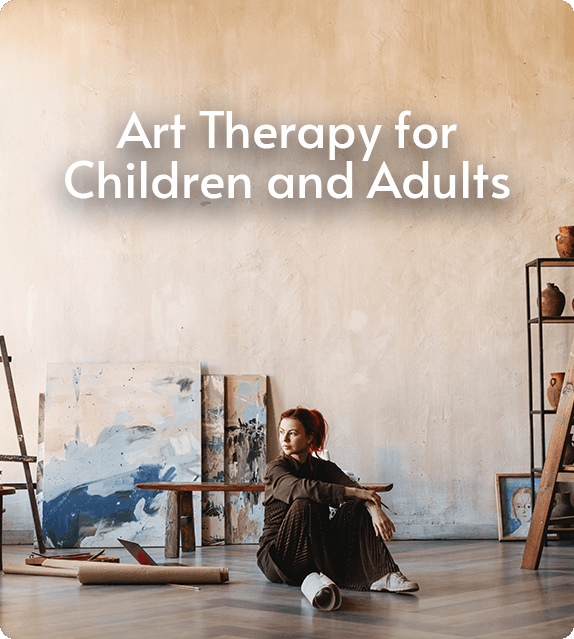
Do you know how to engage the individual to freely express using the art materials and how to achieve the long-term lasting impact of art therapy on individuals?
During this course you will gain an insight of the tools and methods that are used during art therapy sessions. You will learn how to plan and facilitate therapeutic art sessions that include engaging the individual to freely express using the art materials. You will know how to use therapeutic art techniques to help manage emotions in a positive way, and feel more confident.
Art Therapy – Key Concept, Ethics and Challenges
This course will guide you through the art therapy spectrum and who the art therapy is for – tools and methods. Taking this course you will understand the key concepts and ethics of art therapy and the differences between other practices. You will be familiar with all the challenges in art therapy and the major misconception of the art therapy. We will guide you how to become an art therapist, what are the requirements needed to become one and what job opportunities are in the filed of the art therapy.
The use of art therapy.
Age; Disability; Gender Reassignment
Art therapy participants use art to express their experiences, to find the words to articulate how they have been affected, and to support their wellbeing, and any social, emotional and mental health needs.
Who is art therapy suitable for?
Art therapy can be used by anyone of any cultural background and age (infants and parents, children, young people, adults and older people).
Who can benefit from art therapy?
Art therapy is suitable for anyone who is willing to use art to express their feelings. It can be especially helpful for those looking for a creative way to move forward when they feel stuck in life.
During the course you will learn:

How to..
.. use a variety of therapeutic art processes and exercises to help others to improve their self-expression

How to..
.. undersand the long-term lasting impact of art therapy on individuals

How to..
.. recognise all the requirements and qualifications needed to become a professional art therapist
Course author:

Dr Hayley Berman
Art psychotherapist with specialist expertise in contexts of trauma and social and political upheaval. She has a PhD in psycho-social studies.
Hayley has worked with individuals, groups and businesses in the UK, South Africa and several other countries.
Her thinking is informed by applied group analytic and psychoanalytic theory. She has a private art psychotherapy practice, supervises mental health professionals and consults to organisations.
Hayley is also a supervisor and examiner for Public Health, Psychosocial Studies and Visual Arts doctoral students, a senior lecturer at Hertfordshire University, and a visiting professor at the University of Johannesburg.
How does art therapy work?
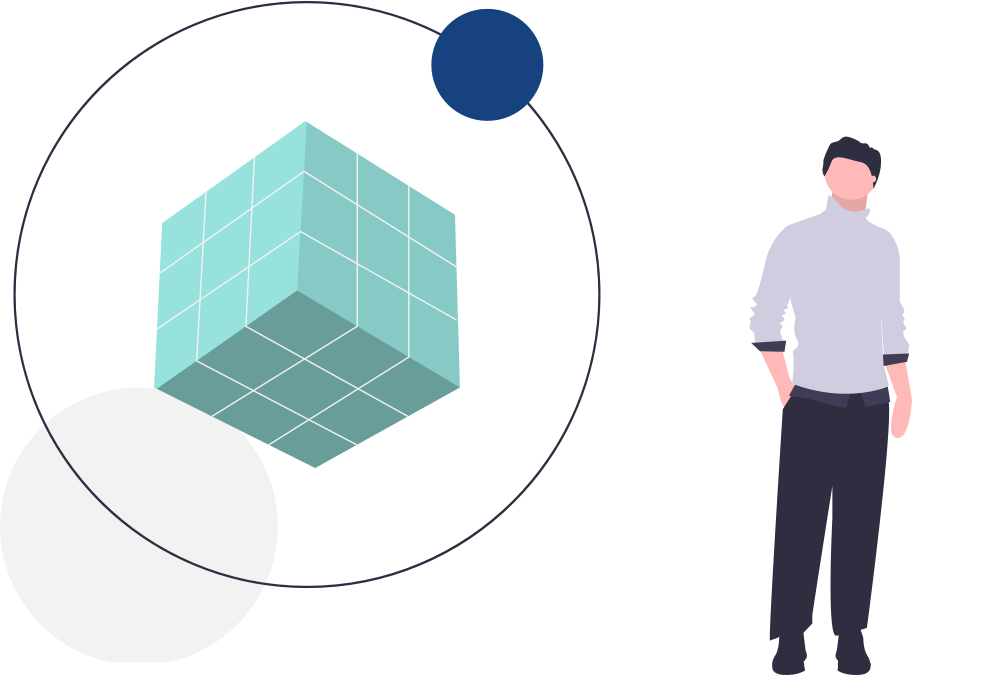
Art therapy can involve any type of creative activity – such as painting, drawing, sand tray, sculpture, puppets, clay-modelling or even music and movement.
“Whenever we create something, we always put parts of ourselves into it”
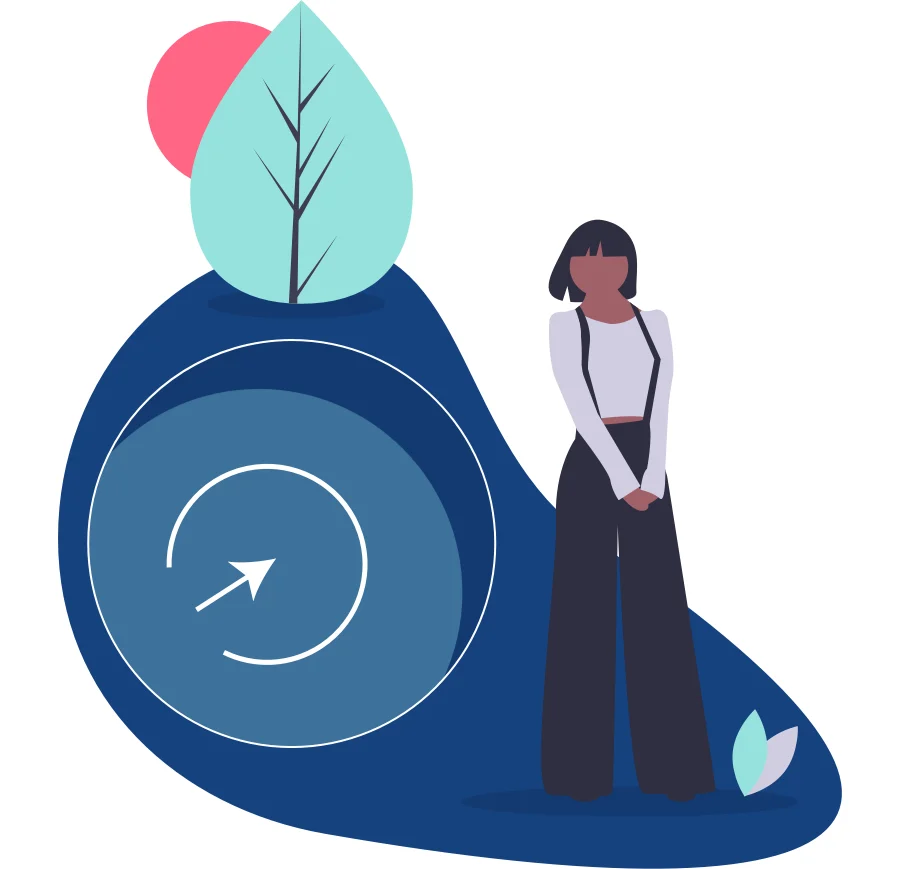
Art therapists are professionals trained in both art and psychotherapy. They give you a safe space to talk about how you feel, and won’t judge you.
Questions can be asked during the creative process to discuss not only the images but what the process of creating feels like. This helps gain a deeper level of understanding of how that relates to what’s happening internally.
What will you gain by taking part in the course?
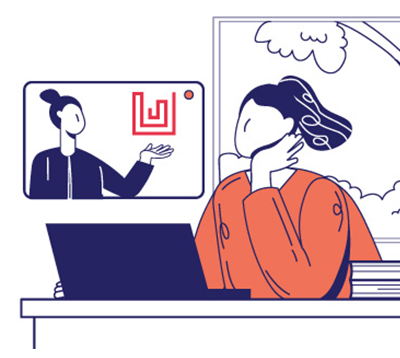
New, current threads
During the lectures of this course you will gain vital insights of positive transformative benefits of Art Therapy and how it becoming a well known I educational and early year settings.

New skills
Develop skills to provide a variety of therapeutic art processes and exercises to help others to improve their self-expression. Gain practical skills to better support children and adults with their well-being. Explore theory and key concept, and ethics relating to the art therapy. Identify differences of art therapy in comparison to other modalities. Understand the major misconceptions of art therapy.

Practice
The course covers a range of areas related to Art Therapy. The course will increase the learners understanding of how art therapy participants use art to express their experiences, to find the words to articulate how they have been affected, and to support their well-being, and any social, emotional and mental health needs.

Availability
You will have access to all materials in a convenient form online around the clock, 24 hours a day, 7 days a week, 365 days a year, so you can learn where, how and when you want by using downloadable resources such as notes, videos, slides, factsheets, assessments and highlighted key points in each course section which are helping you to keep on track, as well as improve your results.
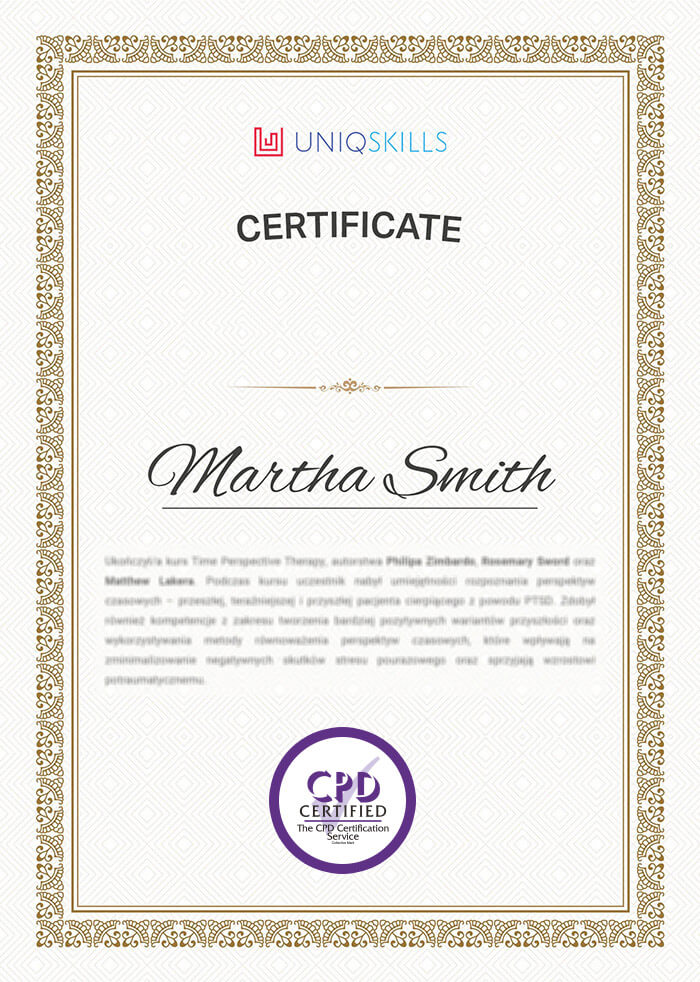
Certification
Once you have finished all of the course assessments and activities and completed the course you will receive a personal document confirming participation in the course.
You will be able to download your certificate of completion from 'my panel' on the UniqSkills platform and share your new skills online with potential employers, and your professional network.
Syllabus:
|
Module 1 - What is art therapy? |
|---|
|
Section 1 – Art Therapy beginings |
|
Section 2 – Art Therapy Definitions |
|
Section 3 – The role of the Art Therapist |
|
Section 4 – The function of the Art Therapy |
|
Section 5 – Types of image making |
|
Section 6 – Materials used in Art Therapy |
|
Section 7 – Qualities of materials |
|
Reading List |
|
Activity Sheet |
|
Module 2 - Key concepts and ethics of art therapy |
|---|
|
Section 1 – Psychotherapy modalities |
|
Section 2 – Model of working |
|
Section 3 - Psychoanalysis |
|
Section 4 – The unconscious |
|
Section 5 – Expressive therapies and neuroscience |
|
Section 6 – Ethical practices of art therapy |
|
Section 7 – Professional practice |
|
Reading List |
|
Activity Sheet |
|
Module 3 – Key concepts and ethics of art therapy |
|---|
|
Section 1 – Psychotherapy modalities |
|
Section 2 – Model of working |
|
Section 3 - Psychoanalysis |
|
Section 4 – The unconscious |
|
Section 5 – Expressive therapies and neuroscience |
|
Section 6 – Ethical practices of art therapy |
|
Section 7 – Professional practice |
|
Reading List |
|
Activity Sheet |
|
Module 4 – Challenges in art therapy |
|---|
|
Section 1 – Stigma against mental illness |
|
Section 2 – Power privilege |
|
Section 3 – Misconceptions in art therapy |
|
Section 4 – The therapeutic frame |
|
Section 5 – The internal frame |
|
Section 6 – What is a safe space |
|
Section 7 – Context for art therapy |
|
Section 8 – Safe space and boundaries |
|
Reading List |
|
Activity Sheet |
|
Module 5 – Becoming an art therapist |
|---|
|
Section 1 – Criteria for application |
|
Section 2 – Accreditation |
|
Section 3 – Job opportunities |
|
Section 4 – The art therapist role |
|
Section 5 – Providing research and evidence |
|
Section 6 – Methods of research |
|
Reading List |
|
Activity Sheet |
How do customers rate the course?
Art Therapy for Children and Adults
|